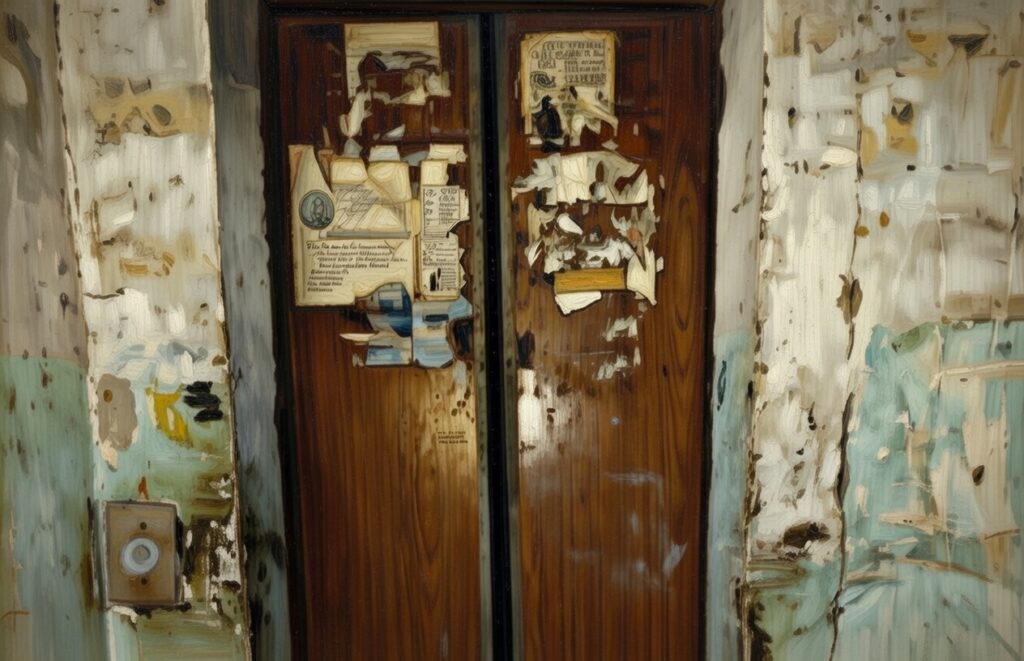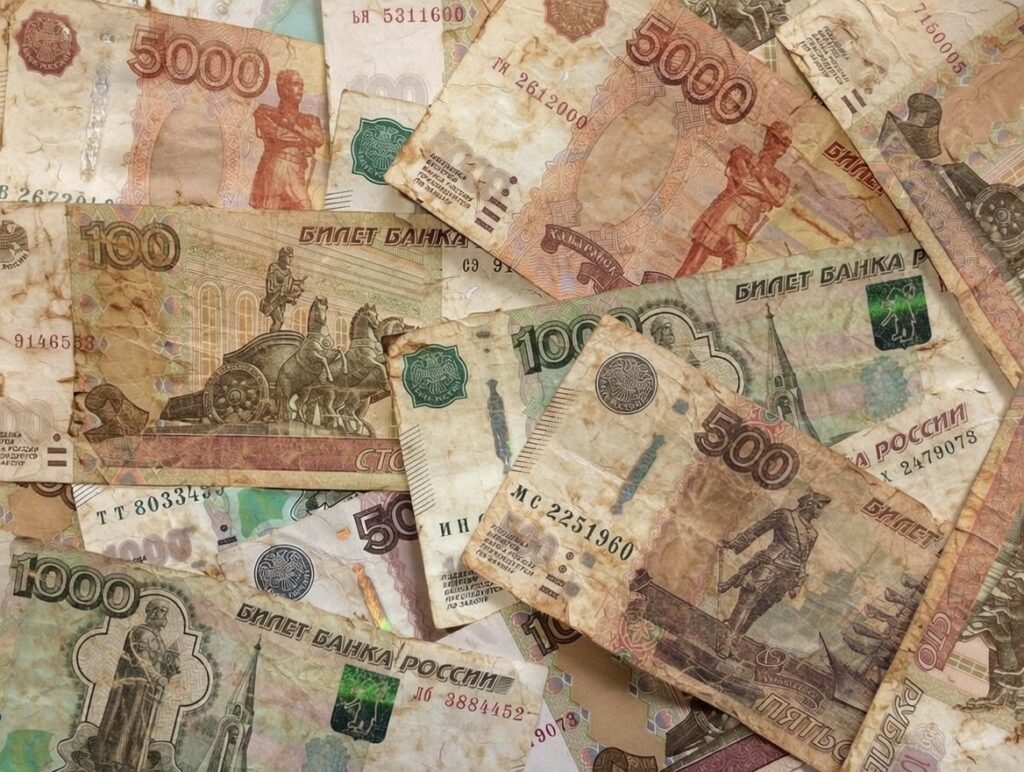Bad news travels fast. The parameters of the budget, now accepted in the Duma according to its annual schedule, have shifted to forecast a deficit of 2.6% of GDP, or about 5.7 trillion rubles. While still far from a bottomless pit of borrowing, increased borrowing expectations undermine the never-ending fight against inflation. Anton Siluanov still insists that a balanced budget is the best way to stop prices from rising too quickly—a view that has long been the thinking of the analysts at Sber and other large banks in Moscow. While the proposed tax hikes merit scrutiny — there’s more fundamental pressure building beneath the surface within a political system that can’t admit or acknowledge the Kremlin’s failures.
GDP growth was the last «trick» to pull a rabbit out of a hat, generating higher tax revenues that could have been captured with tax hikes. But now that growth is evaporating, sliding steadily towards recession, those revenues are likelier to fall. The Ministry of Economic Development has lowered its forecast to just 1% GDP growth for the year, with a «recovery» to 1.3% in 2026. Faced with these facts, Kremlin spokesman Dmitry Peskov asserts the more painful truth: «The economy is well regulated to provide all the special military operation’s needs. And the main thing, the economy is absolutely geared towards providing the social character of our state.» Nationally, the number of retail stations selling gasoline fell 2.6% in the last two months—a figure that understates disruptions since it doesn’t include those who are still open but waiting for delivery. No one openly says Ukrainian attacks are to blame, nor can they elaborate what «social character» the state has when public services continue to decline in real terms.
This gap between stated reality, official expectations, and daily life is not evidence of an earth-shattering political crisis. It does, however, demand a new level of unreality that cannot overcome talk around the kitchen table. Steel production has declined year-on-year for 17 straight months in the middle of an industrial-scale war. Cement production fell 9.1% for January-July, offset by rising exports. Coal miners’ earnings are expected to fall 12% for 2025. Consumer demand data collected by the Bank of Russia for its regional surveys are the weakest they’ve been since the end of 2022, just before the wall of procurement money for the war hit the economy. As exporter earnings fall, orders for heavy equipment or rolling stock fall. As consumers pull back spending, local businesses buckle. The social character of things becomes every man for himself as the state refuses to slow war spending. When demand for dairy products is down almost 11%, one must wonder just how bad things really are.
These competing tensions—managing PR, managing expectations within the regime, convincing the public that times are getting harder but they’re being looked after—are irreconcilable. Even demand for elite new-build real estate in Moscow, a market driven by those with the best access, jobs, and businesses, has fallen two quarters in a row, an annualized decline of 6.3% for Q3. Demand for DIY goods one buys for home repair and remodeling is down 18% for the year, the worst performance since 2015. When even the comfortable who are able to retreat into their private lives and look away from the obvious destruction and decline before them start cutting their comfort spending to make the madness go away, the process of the regime’s social legitimation must change. Others adapt. The 21% week-on-week increase in new auto sales for late September might stem from an interest rate cut, but it also parallels the speeding decline of public bus and train routes for anyone living in more rural or less connected areas.
The inability to speak truthfully out in the open, at least with sufficient regularity, creates a conundrum for the economy’s capacity to continue adapting to sanctions and the war. After Ukraine’s strike on power substations in Belgorod and the ongoing campaign against refineries, officials need policy mechanisms to speed the development of energy infrastructure as needed. But the Federal Anti-Monopoly Service clarified that no discussion of insurance risks has taken place yet to create a mechanism to provide a financial advance to ensure construction. While the specifics of bureaucracy are usually less interesting than we might hope, it’s exceedingly difficult to provide adequate insurance without creating a large body of evidence detailing the physical risk to assets caused by the war. This in turn provides a potential source of intelligence for the enemy and, perhaps more importantly, the open admission of failure. How does one assess insurance risks without some sense of where the gaps in air defense capabilities lie?
This is the apotheosis of what began after Crimea, when sanctioned companies were allowed to hide financial information without which rivals struggled in court through various legal challenges. The flow of information has been so distorted by the war and Belousov’s «non-system» of personal management and intervention that the cabinet has introduced a bill proposing fines for anyone who fails to post information on the dispensation of budgetary funds to the government data portal. Punishment, even if the fines are petty, will stand in for reordering priorities. Nor will AI save the day as Mishustin and his dreamers hope for a productivity boom. One survey found 70% of Russian companies investing in AI—admittedly it’s a broad category that’s swallowing all manner of initiatives—haven’t recouped the money from the investment.
Officials can talk in circles in a slow-walked effort to prepare the public for worse to come. But the deficit assumptions under which the current budget has been drawn won’t hold up if the economy enters recession. And when that comes, no matter of enforced silence or pretense can hide what the public already knows: things are getting steadily worse and there’s no end in sight.










